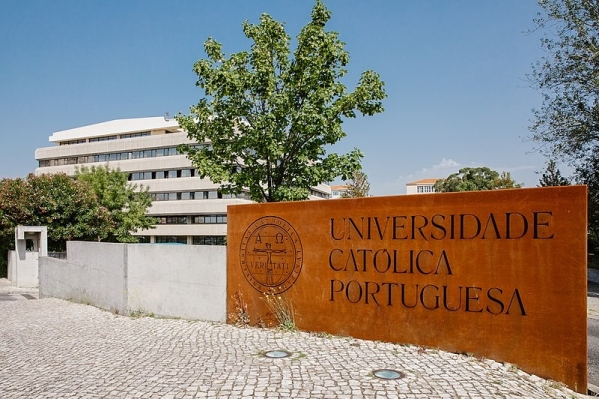https://www.ucp.pt
Founded
1971Description
The Catholic University of Portugal, also known as UCP or "Católica", was the first modern university in the country not to have been founded by the state. It was originally opened as a philosophy faculty in Braga in 1967. Three years later, the university both expanded to the capital Lisbon, where it is now headquartered, and received official status as part of an agreement between the Catholic Church and the Portuguese government.
Since then UCP has grown to include two further bases in Porto and Viseu, and the institution’s 15 faculties are spread out across the four locations. UCP’s autonomy has become less unusual in recent decades as private universities began to be launched in Portugal, but it remains relatively unique as a public, non-state, not-for-profit institution.
In total, around 11,000 students are enrolled at UCP, with over 1,000 teaching staff. The faculties include economics; education sciences; arts and humanities; as well as biosciences and bioengineering. It currently offers 13 undergraduate courses, 18 masters degrees and four PhDs. Universidade Nova de Lisboa and UCP have worked together to create full-time and part-time MBA programmes, which include a month at MIT’s Sloan School of Management in Boston.
The university is part of the Erasmus+ programme and 900 students took part in the programme during the 2016/17 academic year, including those sent to foreign universities and those received at UCP. Indeed, half of the student body at UCP is international and 40 per cent of the faculty comes from outside Portugal. The university offers five scholarships to students of Portuguese American descent.
Specific details
Location
Palma de Cima, Lisbon , 1649-023, Lisboa, Portugal








